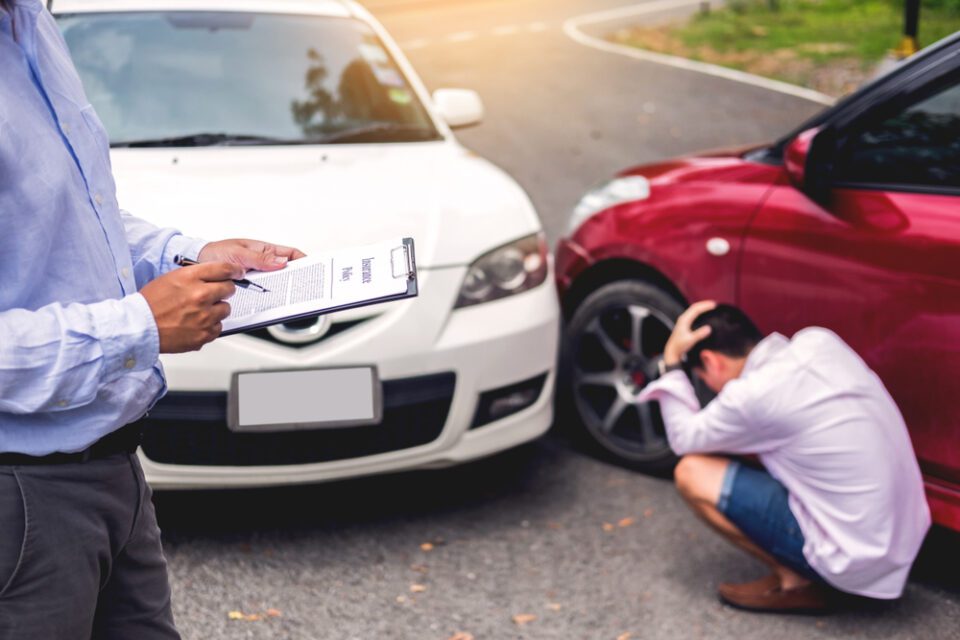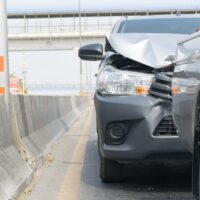Car accidents are a major concern worldwide that often result in serious injuries, fatalities, or even property damage. While the responsibility for car accidents typically falls on the drivers involved, a question often arises: Can parents be held responsible for car accidents caused by their children? This complex issue examines the legal, moral, and practical considerations. It is essential to understand the factors that come into play when assessing parental liability in such cases.
The Legal Framework
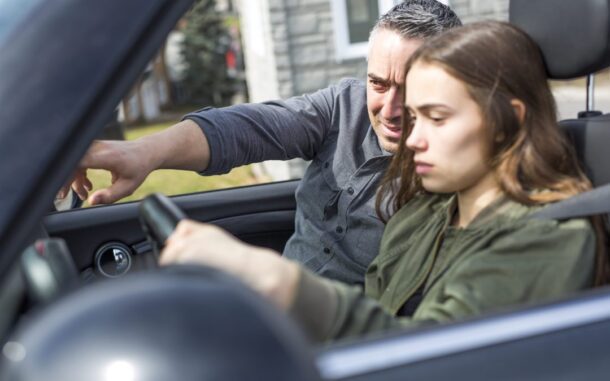
In the legal realm, parental responsibility for car accidents caused by their children varies depending on the jurisdiction and the circumstances surrounding the accident. In many places, there are laws that hold parents liable for the actions of their underage children when it comes to car accidents. These laws are often grounded in the principles of vicarious liability. Vicarious liability means that a party can be held responsible for the actions of another. In the context of car accidents caused by children, parents may be held liable under two primary legal concepts:
- Negligent Entrustment: Negligent entrustment is the idea that if a parent allows their child to use their vehicle and knows, or should have known, that the child is not capable of driving safely, they may be held responsible for any accidents that occur. This applies particularly when a parent knowingly entrusts their vehicle to an inexperienced, reckless, or unlicensed child.
- Family Purpose Doctrine: The family purpose doctrine is another legal principle that can be applied in some jurisdictions. Under this doctrine, if a parent provides a vehicle for the use and convenience of their family, they can be held responsible for the family member’s negligence while operating that vehicle. However, it usually applies to situations where the vehicle is used for family-related purposes.
Understanding these legal concepts makes it more evident that parents can be held responsible for car accidents caused by their children. Still, the specific circumstances play a critical role in determining liability.
Factors Influencing Parental Liability
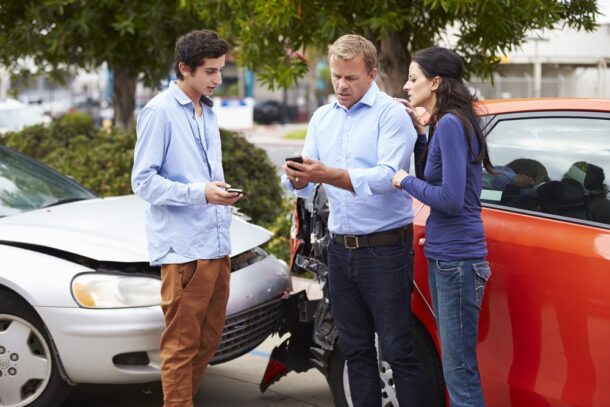
Several factors come into play when assessing whether parents can be held responsible for car accidents involving their children. These factors vary from jurisdiction to jurisdiction and often depend on the case’s specifics. Some of the key elements include:
- Age and Experience: The age and experience of the child are pivotal factors. Parents should exercise caution when entrusting young, inexperienced drivers with a vehicle.
- Knowledge of the Child’s Driving Ability: If a parent knows or should have known about their child’s poor driving skills or reckless behavior, this may strengthen the case for parental liability.
- Ownership of the Vehicle: Whether the vehicle involved in the accident is owned by the parent or the child can affect liability. If the vehicle is owned by the parent, they may have a higher degree of responsibility.
- Purpose of the Trip: The reason for the trip can also be a significant factor. If the child was running an errand for the family or for a family-related purpose, it may increase the likelihood of the family purpose doctrine being applied.
- State Laws: The specific laws in the state or jurisdiction where the accident occurred play a vital role in determining parental liability. Parental responsibility laws vary from state to state. While some states enforce strict regulations, others have more lenient policies.
Moral and Ethical Considerations
Beyond the legal aspects, the question of parental responsibility for car accidents involving their children also carries moral and ethical dimensions. Parents have a fundamental duty to instill safe driving practices and responsible behavior in their children. When children cause accidents due to their negligence, it raises questions about parental oversight and involvement.
Some may argue that parents should be held morally accountable for failing to teach their children proper driving habits and road safety. While parents can’t control their child’s every action, they are expected to provide guidance, education, and set an example regarding responsible driving.
On the other hand, some may argue that holding parents responsible for their children’s actions is overly punitive and may deter parents from letting their children learn to drive. Striking a balance between accountability and understanding the complexities of parenting is crucial in addressing these moral and ethical considerations.
Practical Implications
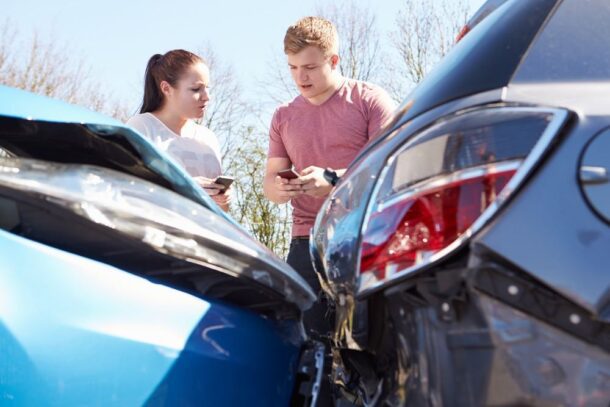
Practically speaking, determining parental liability for car accidents caused by their children can be a challenging endeavor. Legal proceedings are often complicated and time-consuming. Insurance companies may become involved, and their policies can vary significantly. Ultimately, the practical implications of holding parents responsible are multifaceted:
- Insurance Coverage: The insurance policies held by both the parent and child involved in the accident can significantly affect the outcome. Insurance companies may cover the damages, but the premiums can increase for both parties.
- Legal Expenses: Legal proceedings can be costly, both in terms of time and money. Pursuing a case against a parent for their child’s actions may not always be practical or worthwhile.
- Impact on Family Dynamics: Holding parents accountable can strain family relationships and create tension. Parents may need to take legal action to protect their child’s future and provide guidance for a successful life. This ensures their children are equipped to navigate life’s challenges with confidence and resilience.
In the context of car accidents caused by their children, parents can indeed be held responsible under various legal doctrines and principles. Negligent entrustment and the family purpose doctrine are two legal concepts that may come into play when assessing parental liability. Factors such as the child’s age and experience, knowledge of their driving ability, ownership of the vehicle, the purpose of the trip, and state laws all influence the extent of parental responsibility.
Parents have a moral and ethical responsibility to teach their children safe driving practices and responsible behavior beyond just the legal requirements. However, striking a balance between accountability and understanding the complexities of parenting is crucial. Practically, determining parental liability can be challenging and may involve insurance companies and legal expenses. While parents may be held accountable, the impact on family dynamics should not be underestimated.
Parental responsibility for car accidents caused by their children is a complex issue with no clear solution. It depends on a multitude of factors, and each case must be assessed individually. As society continues to grapple with this issue, it is essential to consider the legal, moral, and practical aspects that surround it.

